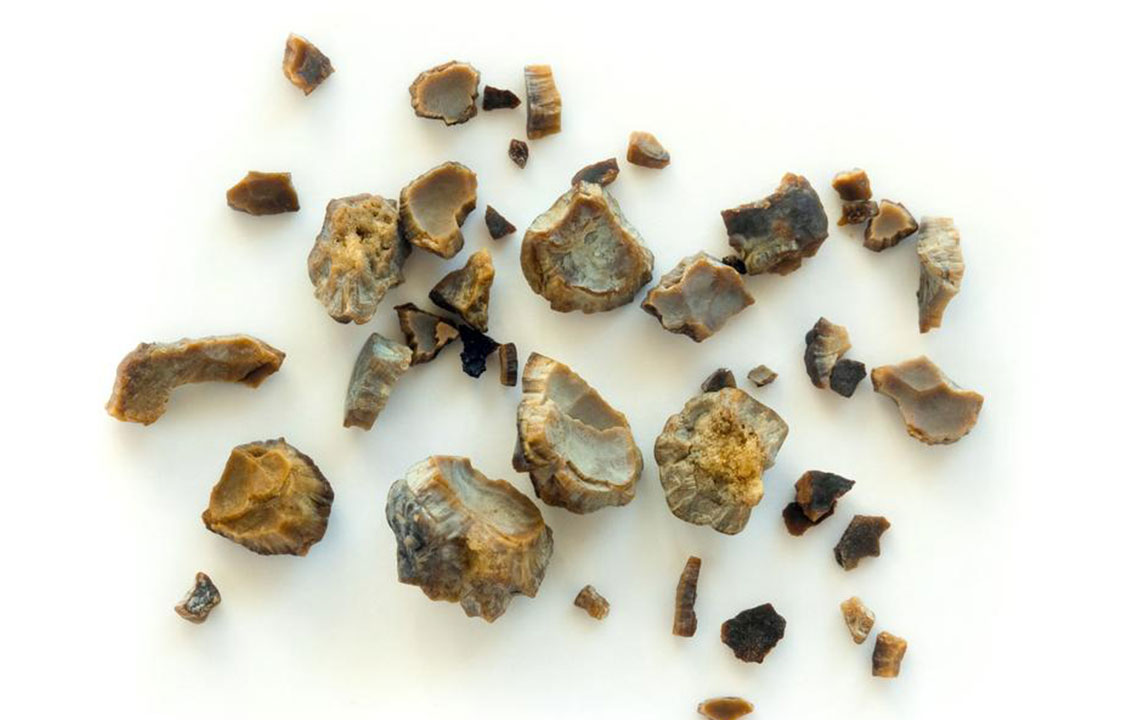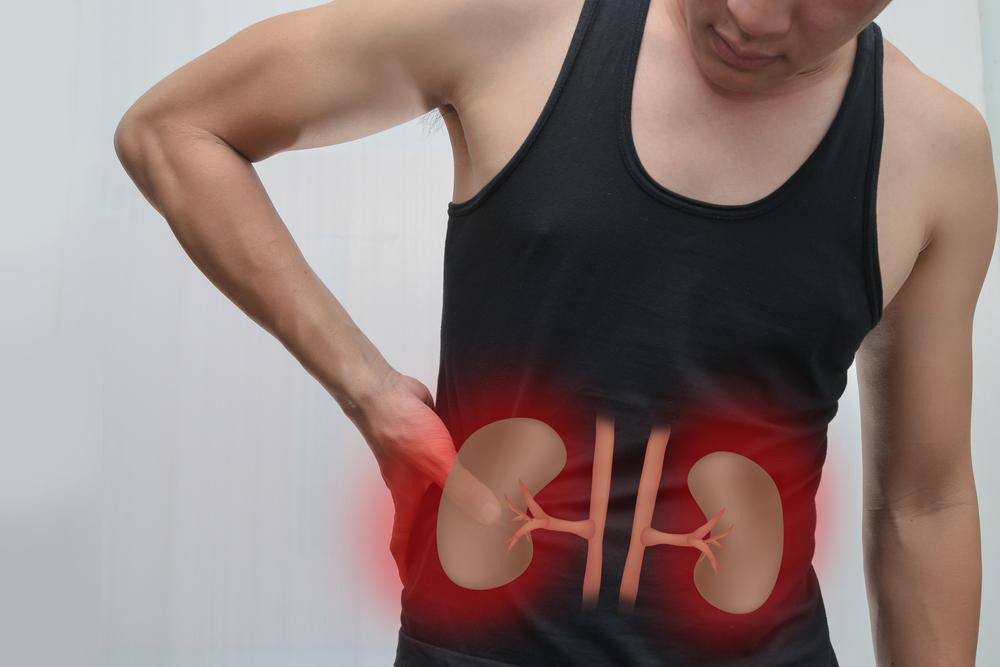Comprehensive Guide to Supporting Kidney Health with the DASH Dietary Approach
This comprehensive article explores how the DASH diet supports kidney health by reducing blood pressure, preventing kidney stones, and promoting overall wellness. It discusses the diet's benefits, potential limitations, and practical meal planning tips tailored for individuals with kidney concerns. With expert guidance, adopting the DASH diet can be a powerful step toward maintaining renal health and preventing chronic kidney disease.

Supporting Kidney Function and Overall Well-being Through the DASH Dietary Approach
Kidney health is a critical aspect of overall well-being, yet millions of people worldwide face challenges related to kidney conditions. According to data from the National Kidney Foundation, kidney diseases affect a significant portion of the population, emphasizing the need for effective prevention and management strategies. Our kidneys are essential organs that perform numerous vital functions, including filtering waste products from the blood, regulating blood pressure, controlling fluid and electrolyte balance, and supporting red blood cell production.
One of the most effective ways to maintain and improve kidney health is through dietary choices. Nutrition plays a pivotal role in the functioning and health of our kidneys. Medical practitioners and nutrition experts frequently recommend the Dietary Approaches to Stop Hypertension (DASH) diet as a frontline strategy to support renal health and prevent related complications.
Implementing the DASH diet can significantly contribute to kidney health and overall bodily wellness. This comprehensive guide explores the numerous benefits, potential limitations, and practical meal planning tips associated with the DASH diet tailored for kidney health.
Understanding the Benefits of the DASH Diet for Kidney Health
The DASH diet is widely recognized for its ability to promote cardiovascular health, but it is also highly beneficial for those with or at risk for kidney problems. One of its notable advantages is in reducing the risk of kidney stone formation, which is a common issue among individuals with a predisposition to kidney disease. Research indicates that adherents of the DASH diet are less likely to develop chronic kidney disease (CKD), which underscores its effectiveness in promoting renal health over time.Another key benefit of the DASH diet is its capacity to lower blood pressure levels by limiting salt and sodium intake. Hypertension is a primary risk factor for kidney damage, and controlling blood pressure can significantly slow the progression of kidney disease. Additionally, the DASH diet's emphasis on nutrient-rich foods supports healthy blood vessel function and improves overall cardiovascular health.
Beyond kidney-specific advantages, the DASH diet offers supplementary health improvements, including aiding in weight management, reducing bad LDL cholesterol, and lowering the risk of gout attacks. By focusing on wholesome foods and restricting harmful components, this diet promotes a balanced, healthful lifestyle.
Potential Challenges and Precautions
While the DASH diet offers compelling benefits, it is important to recognize that not everyone should adopt this dietary approach without proper medical guidance. Individuals diagnosed with advanced kidney disease, particularly those requiring dialysis, have unique nutritional requirements that may conflict with standard DASH guidelines. Such patients should consult their nephrologist or a registered dietitian to develop a personalized nutrition plan.For those with existing kidney conditions, making dietary changes should always be done under medical supervision to avoid potential complications or nutritional deficiencies. Excessive restrictions or inappropriate modifications can unintentionally harm renal health. Therefore, tailoring dietary plans to individual health status and needs is crucial.
Typical Meal Components and Practical Tips for the DASH Diet
The core of the DASH diet emphasizes consuming abundant fruits, vegetables, legumes, whole grains, lean proteins such as fish and poultry, and low-fat dairy products. These foods are naturally low in sodium and rich in essential nutrients like potassium, magnesium, and fiber, all of which support kidney function.In meal preparation, it is vital to limit the intake of salt, artificial sweeteners, and red meats that are high in saturated fats and sodium. Replace salt with herbs, spices, and flavorings like black pepper, cumin, basil, and nutmeg to enhance the taste. When purchasing processed or packaged foods, always check labels meticulously for low sodium or salt-free options.
Low-fat dairy products, such as skim milk and yogurt, are recommended as they provide calcium and protein without contributing excess saturated fats or sodium. Incorporating these foods into daily meals can help achieve dietary goals effectively.
If managing a kidney-friendly diet feels overwhelming, enlisting the support of a registered dietitian can be immensely helpful. A professional can tailor meal plans to your specific health conditions, lifestyle preferences, and nutritional requirements, ensuring you get maximum benefit from the DASH diet while safeguarding your kidney health.





